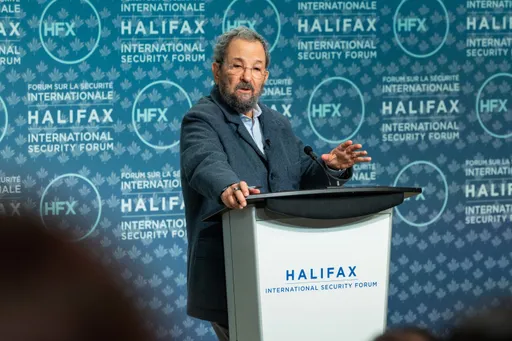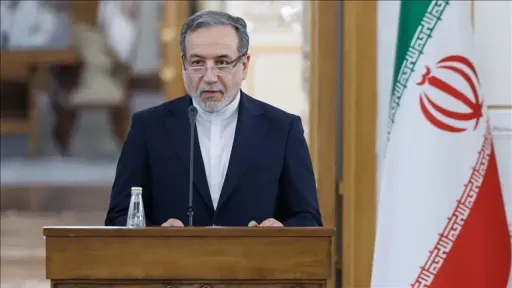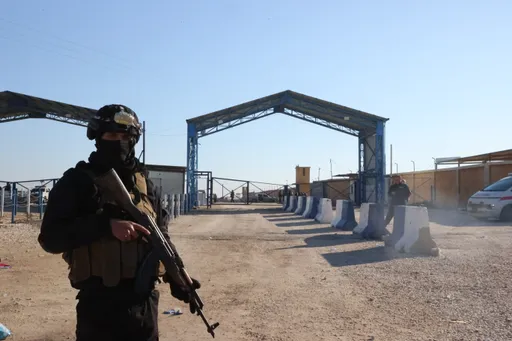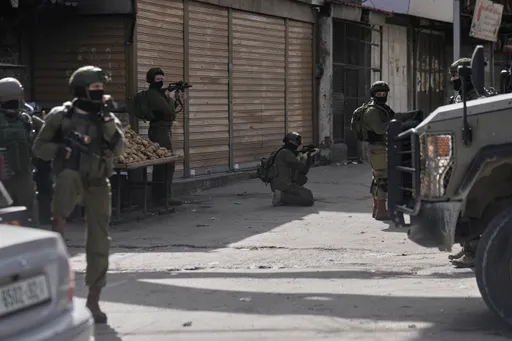The United Nations Security Council renewed Syria’s six-year-old cross-border aid authorisation on Friday, but the decision is disappointing for many fearing that new changes could reduce the aid delivery.
With China and the Syrian regime’s ally, Russia, vetoing one draft resolution, half of the aid delivery crossing points were cut, with the Council dropping authorisation for crossings in Al Ramtha in Jordan and Al Yarubiyah in Iraq. The Bab al Salam and Bab al Hawa border crossings in Turkey are the only remaining gateways for aid deliveries.
The decision is worrying for many Council members, as well as the doctors operating in Syria as it’s perceived as a Russian victory for its close ally Syria.
“People in Syria are in need of more help today because more than 200,000 people displaced from their homes due to heavy air strikes, “ Doctor Murad Elsheikh, a Syrian medic who’s working for the Health Ministry of the Syria Interim Government, told TRT World.
“There has been a shortage of aid in Syria in 2019 and now it seems to be getting worse with this decision,” he said.
Elsheikh says a lot of organisations stopped their work in Syria saying that radical groups are holding these areas, yet it’s the regular people who are affected by these decisions.
About a million Syrians fled their homes to the Turkish border amid the months-long battle by the Syrian regime and Russia to capture the last remaining rebel-held areas in Syria.
On the day of the Security Council meeting, January 10, Turkey and Russia reached a deal with the latter agreeing to stop air strikes in northwestern Syria. The ceasefire took effect on January 12, at 2101GMT. Similar ceasefire agreements failed many times in the past, with Russia continuing air strikes shortly after its agreement to halt operations.
The duo reached an agreement to turn Idlib into a de-escalation zone, meaning the acts of aggression would be prohibited. More than 1,300 civilians have been killed by the regime and Russian attacks ever since.
Decreased length of authorisation
The renewed cross border resolution will authorise the aid delivery for just six months, as Russia objected the resolution drafted by Belgium, Kuwait and Germany suggesting a 12-month authorisation.
Dr Mazen Kewara, Turkey’s Country Director of the Syrian American Medical Society (SAMS), says the organisation is likely to manage continuing its aid deliveries as before, through the authorised Turkish border crossings.
“But if the crossborder resolution won’t be renewed again after July 10 2020, then we can see pulling out from UN agencies,” he told TRT World.
“I think that would affect many implementations on the ground and affect the amount of humanitarian support going through the borders inside Syria, to the rebel-held areas,” he added.
Even though two of the border crossings still continue functioning, Germany’s Ambassador Christoph Heusgen lamented that measures would come “at a heavy price” for the 1.4 million people in north-eastern Syria.
UK Ambassador Karen Pierce criticised Russia saying that it is “playing dice” with the lives of Syrian people in north-east. She said “aid is not a political tool to bargain with” but the Council had no other option even though the resolution doesn’t meet the needs of Syrian people.























